Nov 05
Protest, Women and Performance
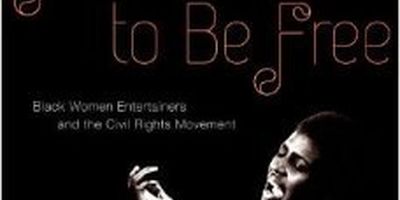
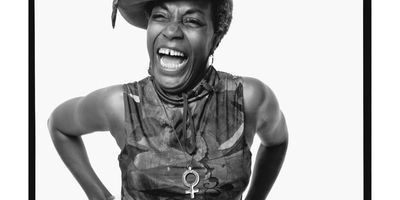

Description
“From Nina Simone to Flo Kennedy, from natural hair to the politics of soul, Black women's art and activism transformed the terms of American culture and the terrain of Black politics in the Black Power era. Sherie Randolph, Tanisha Ford and Ruth Feldstein will join us for an important conversation looking at how African American women used their voices, their style, their art, and their law books to insist on liberation as Black women and demand justice of American society.” – Jeanne Theoharis
Speakers
-
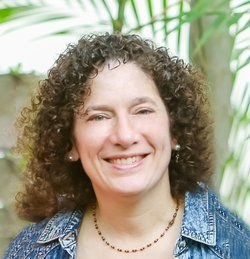
Ruth Feldstein
Rutgers University, Newark
Professor Feldstein's research, writing and teaching reflect her interest in gender and race and in media and politics as intersecting categories that shape each other. Her first book, Motherhood in Black and White: Race and Sex in American Liberalism, 1930-1965 (Cornell, 2000), is an intellectual and cultural history of liberalism from the New Deal to the Great Society. Her new book, How It Feels to Be Free: Black Women Entertainers and the Civil Rights Movement, is about black women entertainers (Lena Horne, Miriam Makeba, Nina Simone, Diahann Carroll, Abbey Lincoln and Cicely Tyson) and their significance to the civil rights movement and to the development of second-wave feminism.
-
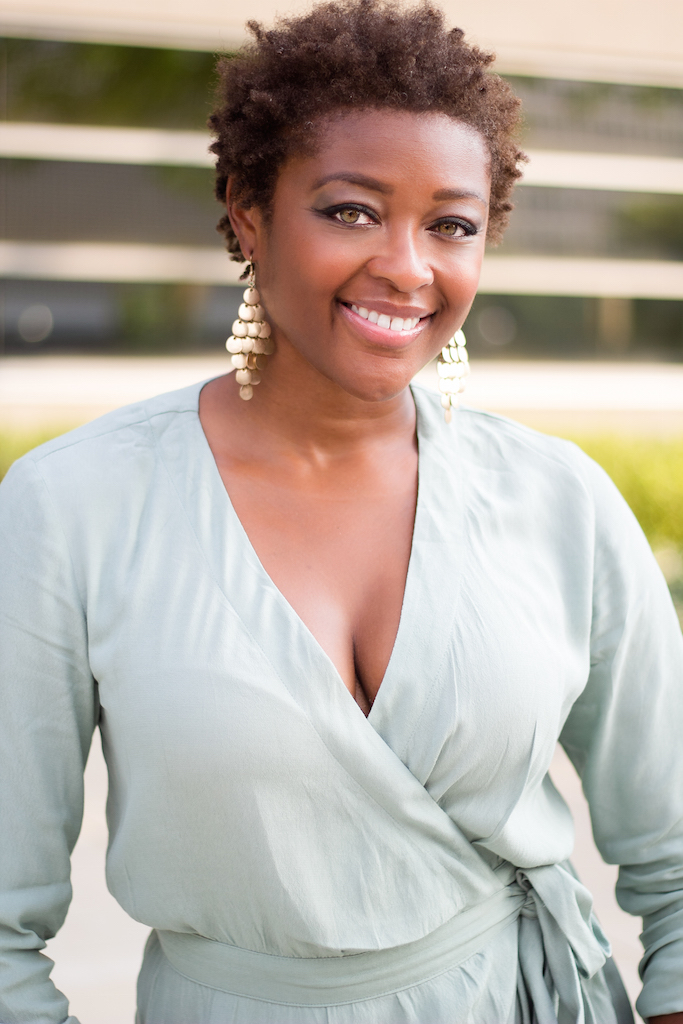
Tanisha Ford
CUNY Graduate Center
Tanisha C. Ford is an accomplished writer, researcher, and cultural critic—working at the intersection of politics and culture. She has forged an international reputation for her groundbreaking research on the history of Black style/fashion and social movements. Tanisha was honored as one of The Root's 100 Most Influential African Americans. She is currently Professor of History at The Graduate Center, CUNY, where she teaches courses on African American and African diaspora history, biography and memoir, and the geopolitics of fashion. And, she is also a co-founder and the director of TEXTURES, a pop-up material culture lab, studying global Black migration through objects.
Her most recent book, Dressed in Dreams: A Black Girl’s Love Letter to the Power of Fashion, was named to several must-read lists, including the Philadelphia Inquirer’s Big Summer Books of 2019; Bitch Media’s 15 Nonfiction Books Feminists Should Read; and Essence’s 10 Summer Reads, and it was the runner-up for the Popular Culture Association’s Henry Shaw and Katrina Hazzard-Donald Award for Outstanding Work in African-American Popular Culture.
Tanisha is also the author of Liberated Threads: Black Women, Style, and the Global Politics of Soul, which won the 2016 Organization of American Historians’ Liberty Legacy Foundation Award for best book on civil rights history. She is co-author (with Kwame Brathwaite and Deborah Willis) of the visually stunning Kwame Brathwaite: Black is Beautiful.
She is currently writing a book, tentatively titled Our Secret Society: America's Forgotten Black Power Brokers. The book explores how and why Black women raised millions of dollars for various Black Freedom movement organizations by hosting galas, art auctions, fashion shows, and beauty pageants. The book forces us to rethink the ways that we define philanthropy in America, who we consider "generous," and the political wars over fundraising that persist today. HarpersBazaar.com published a story derived from this new project. You can read it here. In connection with the research, Tanisha was appointed Smithsonian Research Associate at the National Museum of American History. In this role, she will be a part of a team of curators and scholars embarking on a multi-year African American Fundraising Collecting Initiative.
A native of a small Midwestern city, Tanisha enjoys researching the histories of often-overlooked people and places. Her work centers on social movement history, philanthropy and the cultural politics of money, Black feminism(s), material culture, the built environment, black life in the Rust Belt, girlhood studies, and fashion and body politics. Ford makes connections between the past and the present in ways that shed refreshing new light on contemporary cultural and political issues. Her scholarship has been published in the Journal of Southern History, NKA: Journal of Contemporary African Art, The Black Scholar, and QED: A Journal in GLBTQ Worldmaking. Ford writes regularly for public audiences—with feature stories, cultural criticism, and profiles in: the New York Times, the Atlantic, ELLE, Harper's Bazaar,The Root, Aperture, Bitch Media, and The Feminist Wire.
Her research has been supported by prestigious institutions such as the Institute for Advanced Study (Princeton, NJ), Harvard Radcliffe Institute, Smithsonian Museum of American History, Andrew W. Mellon Foundation, Ford Foundation, Schomburg Center for Research in Black Culture, University of London’s School of Advanced Study, and the Center for Black Music Research, among others.
In 2011, Tanisha earned a Ph.D. in twentieth-century U.S. history from Indiana University-Bloomington (with distinction). She spent the 2011-2012 academic year as the Du Bois-Mandela-Rodney postdoctoral fellow in the University of Michigan’s Department of Afroamerican and African Studies before embarking on the tenure track in fall 2012. Before joining the Grad Center faculty, she held faculty positions in Women’s, Gender, Sexuality Studies at the University of Massachusetts-Amherst and in the University of Delaware’s departments of Africana Studies and History, where she was hired as part of a material culture studies initiative. In 2016, Tanisha was promoted to associate professor, with tenure. And, in fall 2019, she was promoted to full professor—joining the woefully small cadre of Black women who have achieved this rank in her profession (a reality she's committed to changing). Tanisha lives in Harlem.
-
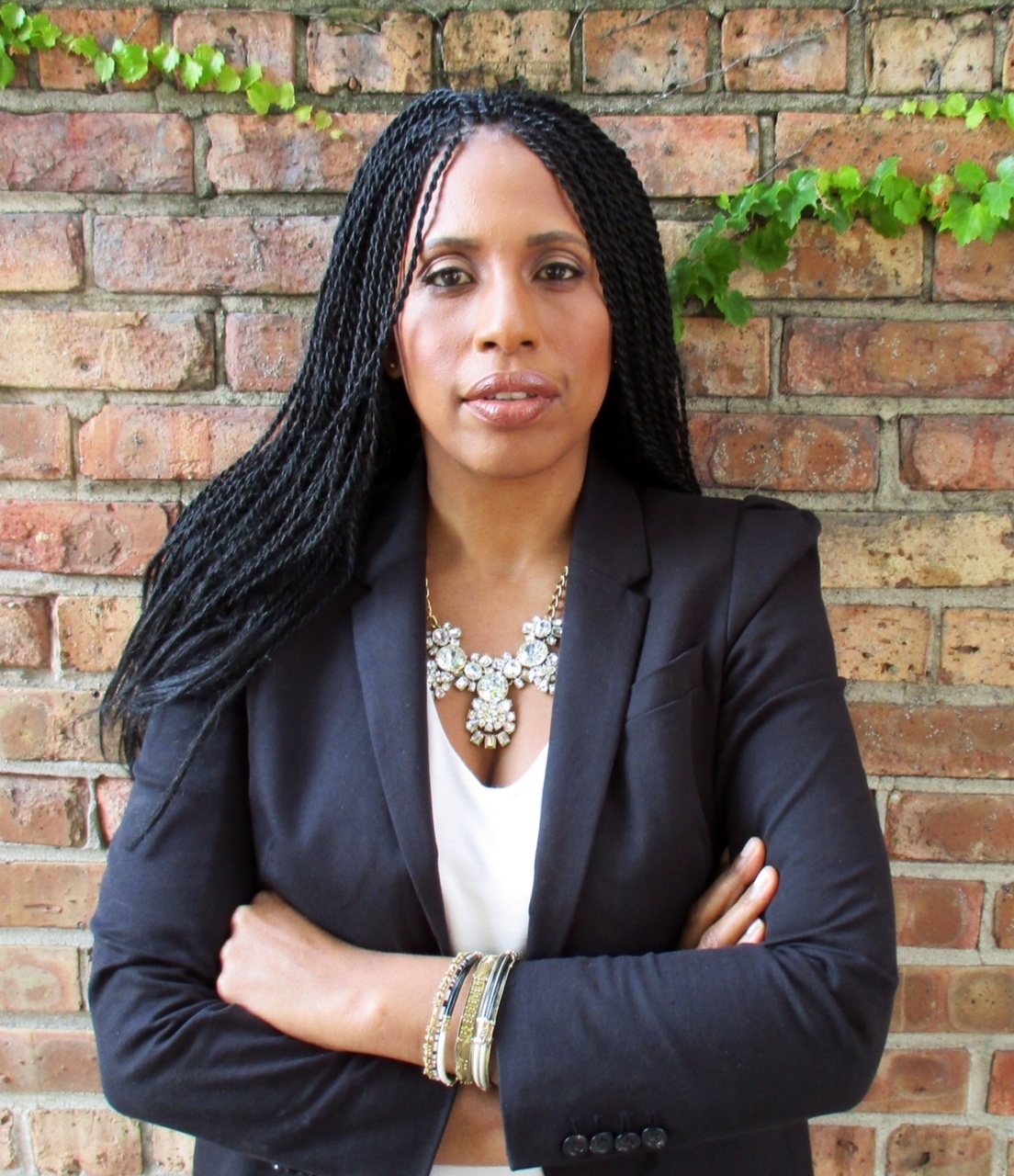
Sherie Randolph
University of Michigan, Ann Arbor
Sherie M. Randolph is an associate professor of history and African American Studies at the University of Michigan, Ann Arbor. Randolph’s book Florynce “Flo Kennedy: The Life of a Black Feminist Radical, examines the connections between the Black Power, civil rights, new left and feminist movements. The former Associate Director of the Women’s Research & Resource Center at Spelman College, has received several grants and fellowships for her work, most recently being awarded fellowships from Emory University’s James Weldon Johnson Center and the Schomburg Center for Research in Black Culture. Randolph teaches courses on social movements, black feminist theory, gender, race and incarceration, Black Power, African American history, and women’s history.
Recording
_CBFS___NOVEMBER_5_2015 from SchomburgCBFS on Vimeo.